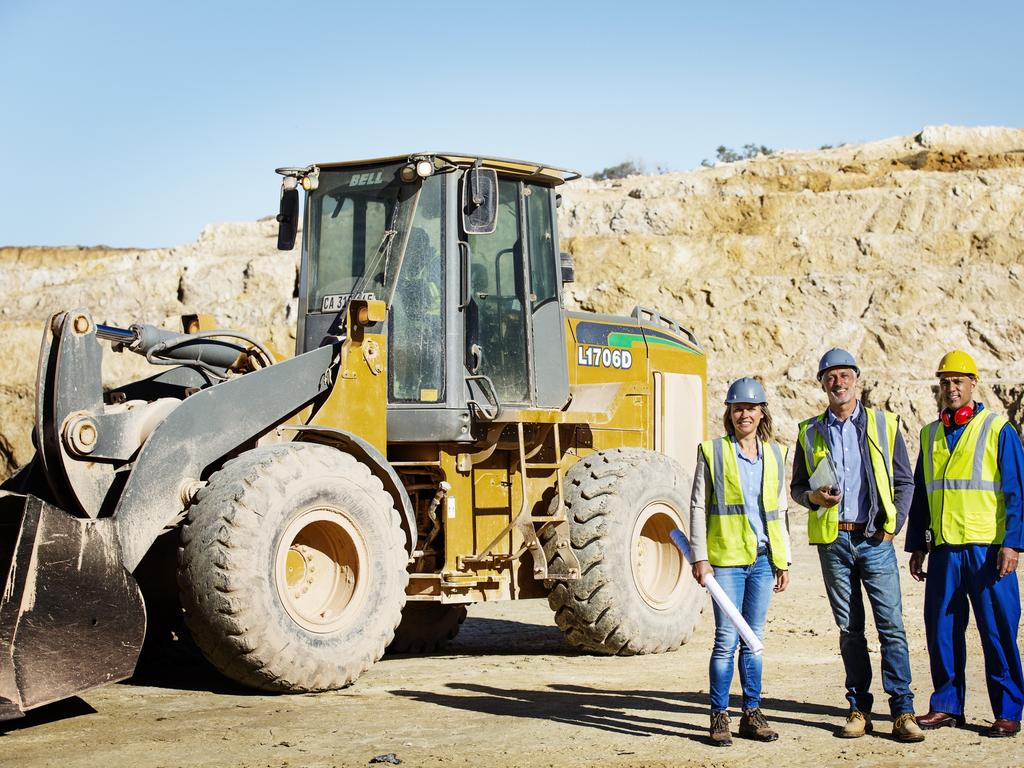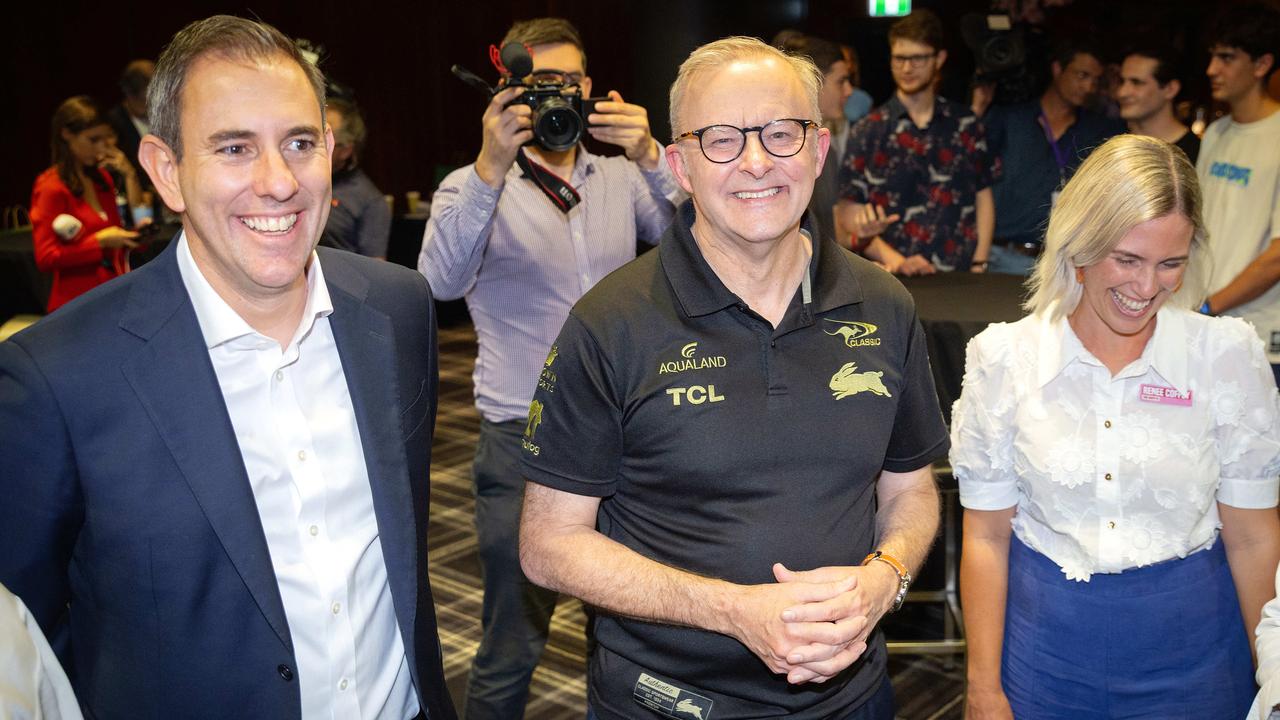
Universities are frustrating places. It can be hard to get help with that tricky assignment when you are a remote student balancing study with work and family responsibilities. But as a sector our universities are pretty amazing, educating more than 1.5 million students a year, including almost a half-million overseas fee-paying students. International education is Australia’s fifth-largest export and one that has grown quickly and rebounded well from Covid.
Our universities are generally large, with a few not far from the 100,000-student mark. Our universities are resourceful, building campuses around the world, pioneering new modes of education, generating revenue to plough into new facilities and research, which helps them attract top staff and maintain good positions in international league tables, which in turn makes the universities attractive to international students.
We have a higher education funding system that, with its private-public and income-contingent loan mix, has been copied around the world. Our universities are big research and development contributors, accounting for 36 per cent of the nation’s R&D expenditure, high by OECD norms.
Much of that work has significant economic benefits, but the sector also does the underpinning work for our innovation and R&D systems, training PhD students, carrying out the bulk of basic and strategic basic research, and producing most of our scientific publications – a big task as Australia produces 4 per cent of the world’s published research, though it has only 0.3 per cent of the world’s population. And universities are vital to our communities – think of Southern Cross University making facilities available for the flood response co-ordination in Lismore early last year.
All very good, but we need more from our universities and other higher education providers.
In The Weekend Australian recently (24-25/12), demographer Bernard Salt, reviewing recent census data, discussed the “great skills shift”, evident in the acceleration in demand for more highly skilled workers in the current labour market, in skill level 1 roles (roles requiring a university degree). Salt noted that “over the five years to 2021, the Australian workforce increased by 13 per cent but the number of skill level 1 workers increased by 21 per cent.”
We need to educate many more people to university degree level and provide them with the skills employers are calling for – strong generic skills (reasoning, ability to learn, oral and written communication, digital literacy, ability to work in teams and so on) and the specific technical skills needed for particular professions and industries, especially those with critical skills shortages.
If the skills shift continues at its current rate, we will need to educate lots more school-leavers, ensuring higher education is available to those groups that are under-represented in our universities (notably Indigenous Australians, disabled students and students living in remote regions). We also need to attract older and generally time-poor people who want to retrain, including seniors.
As well as needing to upskill, Australia needs to increase its research firepower addressing urgent and daunting problems – unsatisfactory productivity growth, climate extremes, environment and water, ageing, automation, the changing nature of work, the changing geopolitical environment. We need to harness the expertise of universities and publicly funded research agencies better to address these issues.
Past higher education reviews have served us well in building a resourceful and innovative mass system. Now we need to support that system to achieve much more. This is where the Australian Universities Accord, the most recent higher education review announced in November by Education Minister Jason Clare, comes in. The terms of reference are ambitious: “The government has committed to establish an Australian Universities Accord to drive lasting reform in Australia’s higher education system … to deliver a higher education system that meets the current and future needs of the nation, and targets to achieve this.”
The panel advising the minister has been working for seven weeks examining data, calling for submissions and listening to students, employers, the higher education sector and its international counterparts. We’ve heard brilliant analyses of what is wrong and impressive examples of good practice, but a lot less about the opportunities and challenges of the medium and far future and the targets and system settings needed to address them. These issues are not easy and we have to deliver our final report by December – we need all the bright ideas we can get!
Mary O’Kane is chairwoman of the panel advising the Education Minister on the Australian Universities Accord review.








Universities are inspiring places. Think of that time you heard a wonderful lecture and suddenly understood a complex concept that had intrigued you. Or that project group that produced such good work, and all the group’s members are still your best mates.